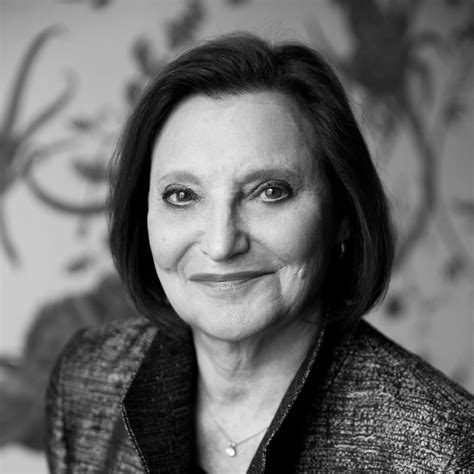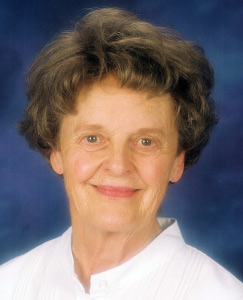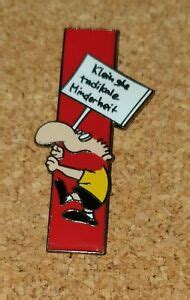A Quote by Edwidge Danticat
We need literature because we wouldn’t fully know ourselves without it. We need good literature to be fully human.
Quote Topics
Related Quotes
What a lost person needs is a map of the territory, with his own position marked on it so he can see where he is in relation to everything else. Literature is not only a mirror; it is also a map, a geography of the mind. Our literature is one such map, if we can learn to read it as our literature, as the product of who and where we have been. We need such a map desperately, we need to know about here, because here is where we live. For the members of a country or a culture, shared knowledge of their place, their here, is not a luxury but a necessity. Without that knowledge we will not survive.
We do literature a real disservice if we reduce it to knowledge or to use, to a problem to be solved. If literature solves problems, it does so by its own inexhaustibility, and by its ultimate refusal to be applied or used, even for moral good. This refusal, indeed, is literature's most moral act. At a time when meanings are manifold, disparate, and always changing, the rich possibility of interpretation--the happy resistance of the text to ever be fully known and mastered--is one of the most exhilarating products of human culture.
Instead of educating the I.Q., we need to educate the H.Q., the heart quotient, the matters of truth, love, justice, and compassion. There are two ways to do this. One is through the read life experiences and the other is through literature. Literature has the power to take us outside ourselves and returns to ourselves a changed self.
Take a report. It's dry, the sentences are clunky and unfelicitous, they're just conveying information. But it seems to me that if you're fully engaged in a great piece of literature, once you enter the rhythms of the language, which is a kind of music, meanings are being conveyed that you're not fully aware of. They enter into your subconscious.
In my profession it isn’t a question of telling good literature from bad. Really good literature is seldom appreciated in its own day. The best authors die poor, the bad ones make money — it’s always been like that. What do I, an agent, get out of a literary genius who won’t be discovered for another hundred years? I’ll be dead myself then. Successful incompetents are what I need.





































